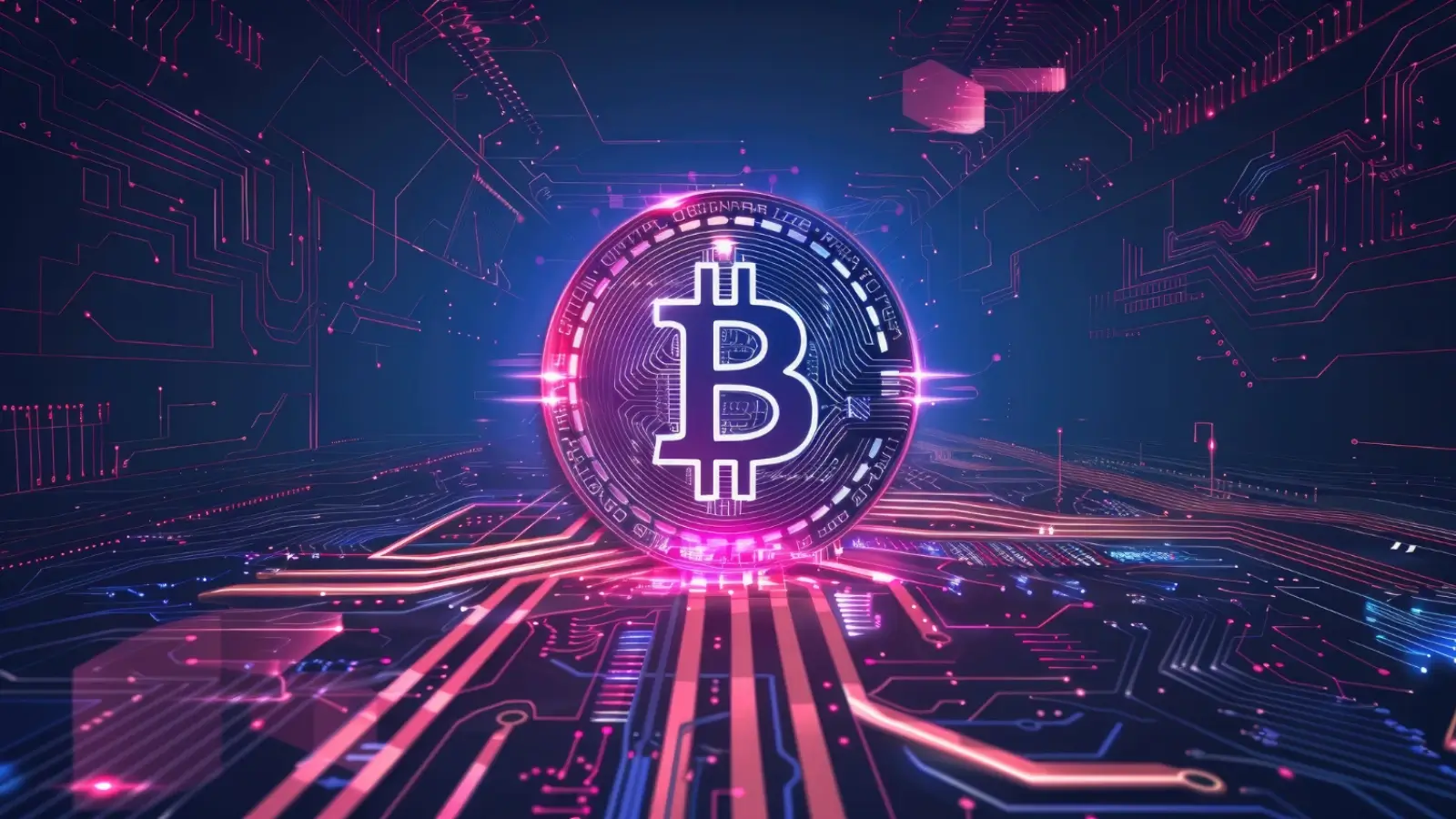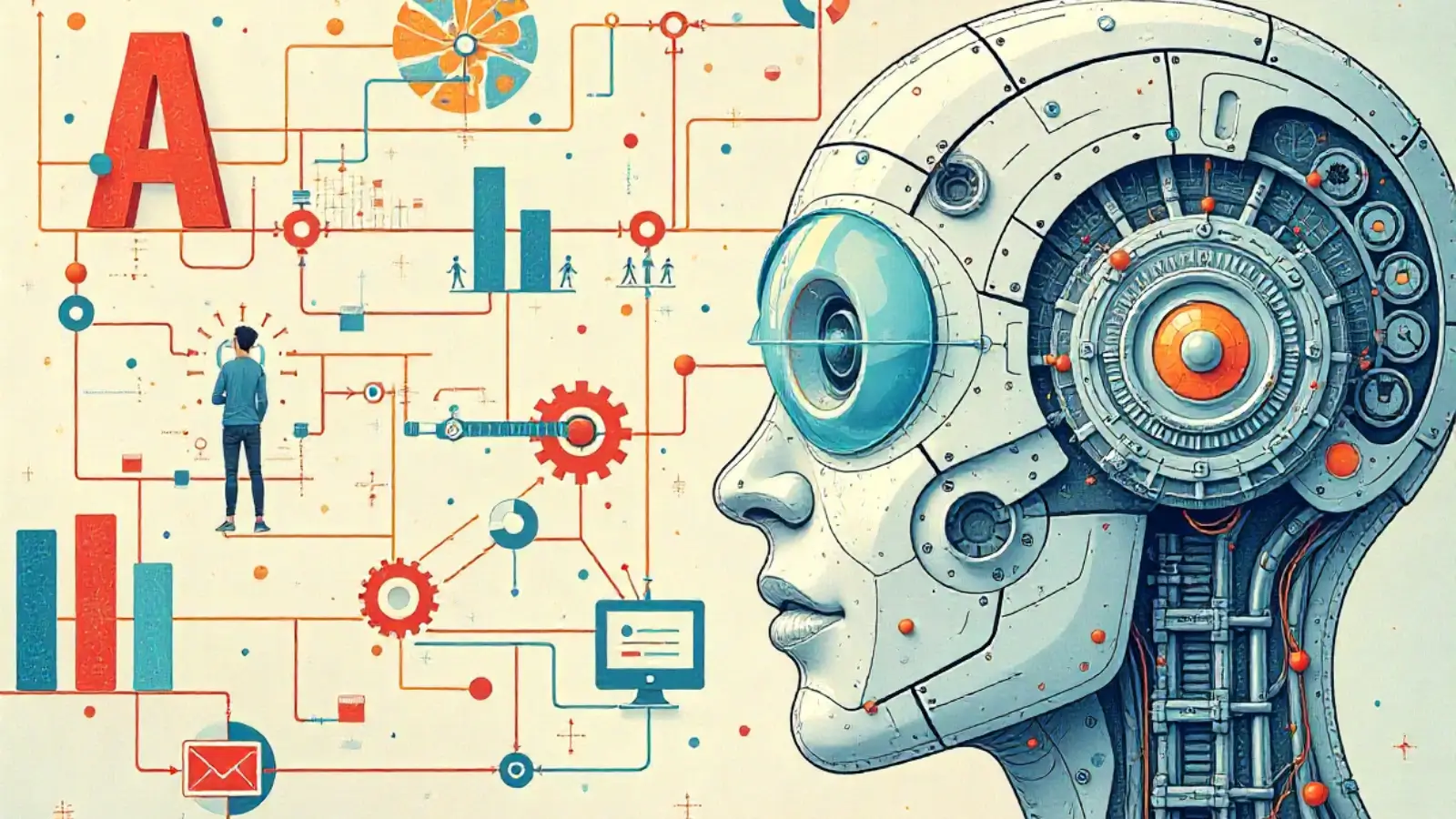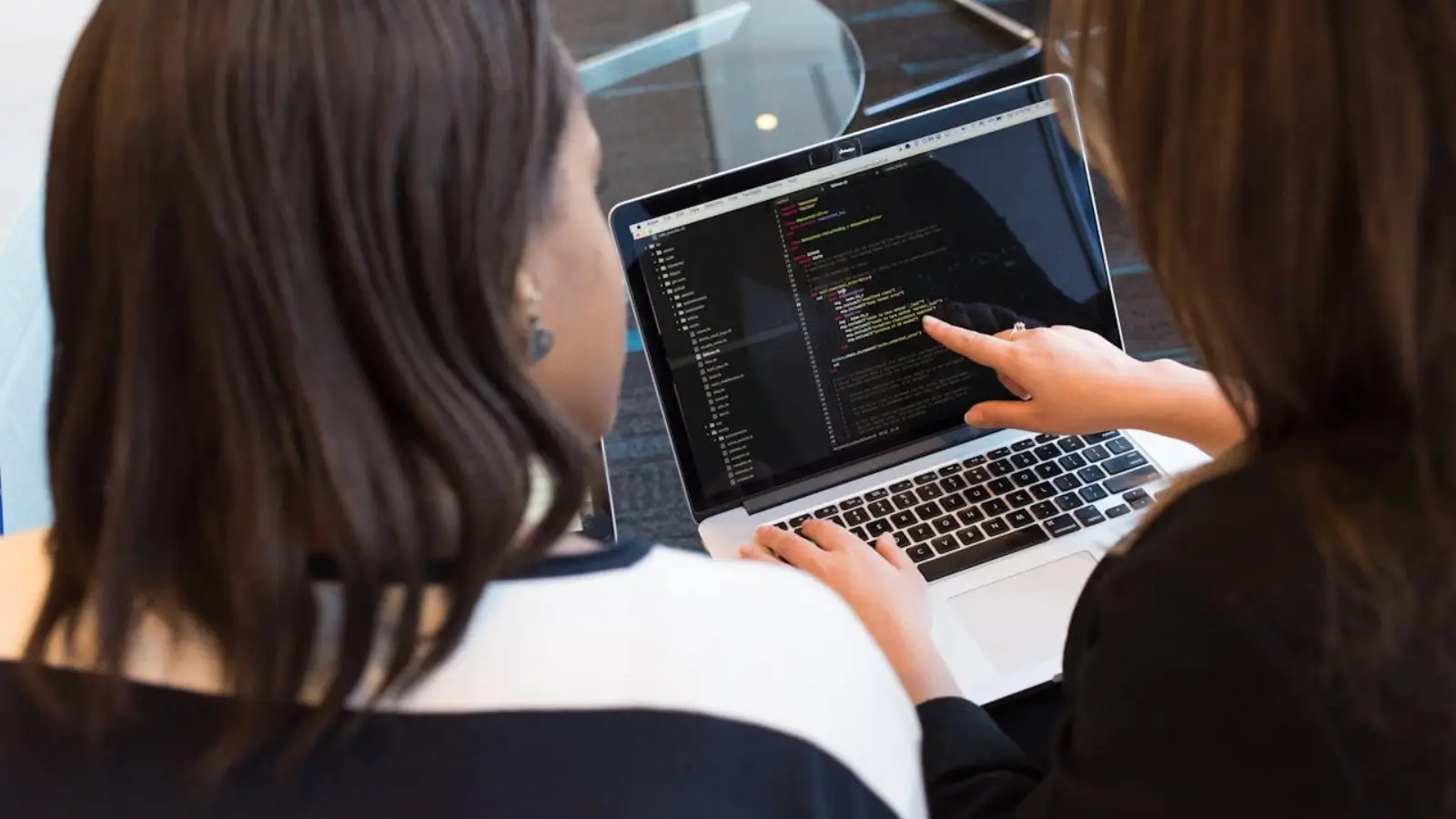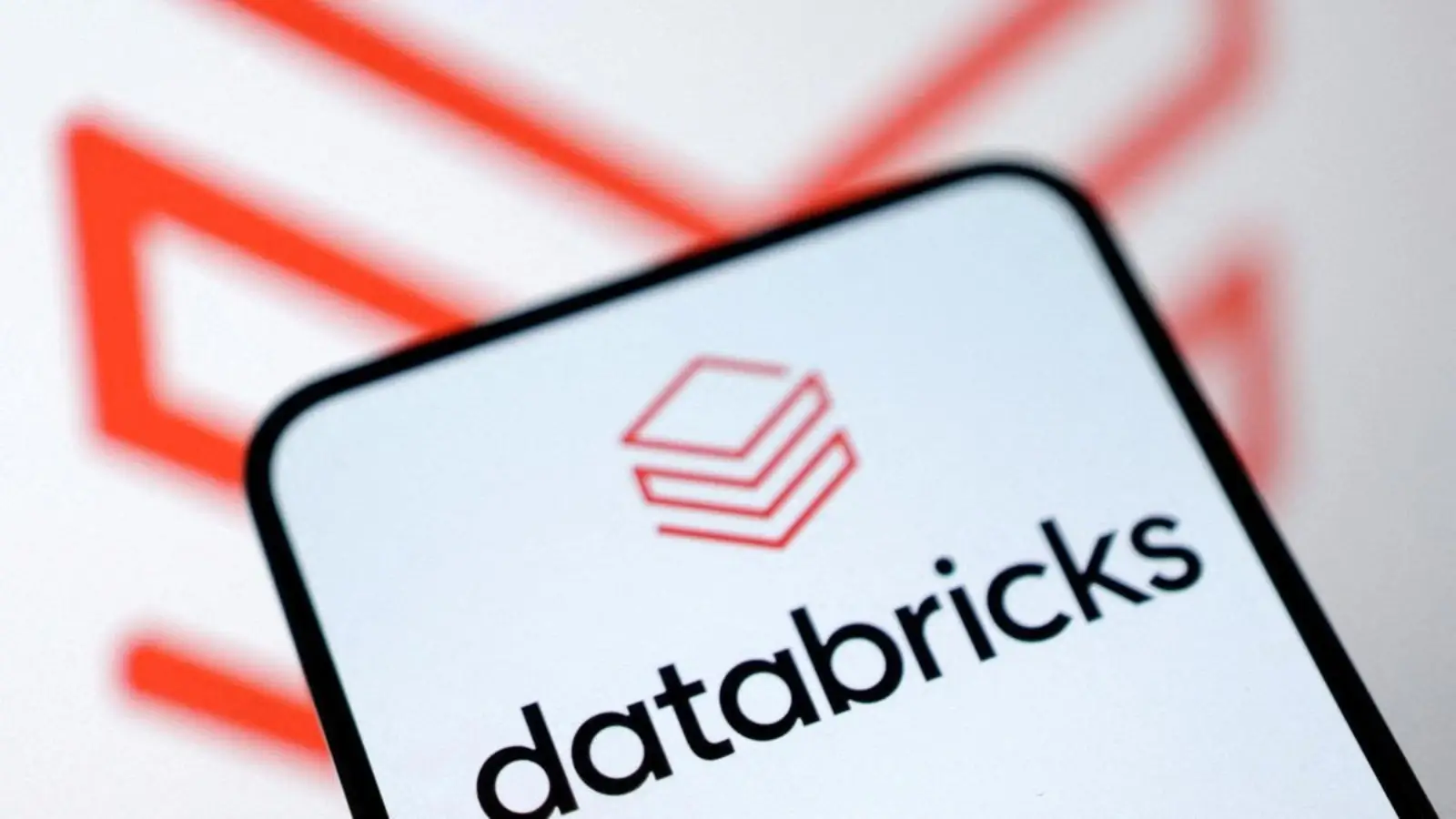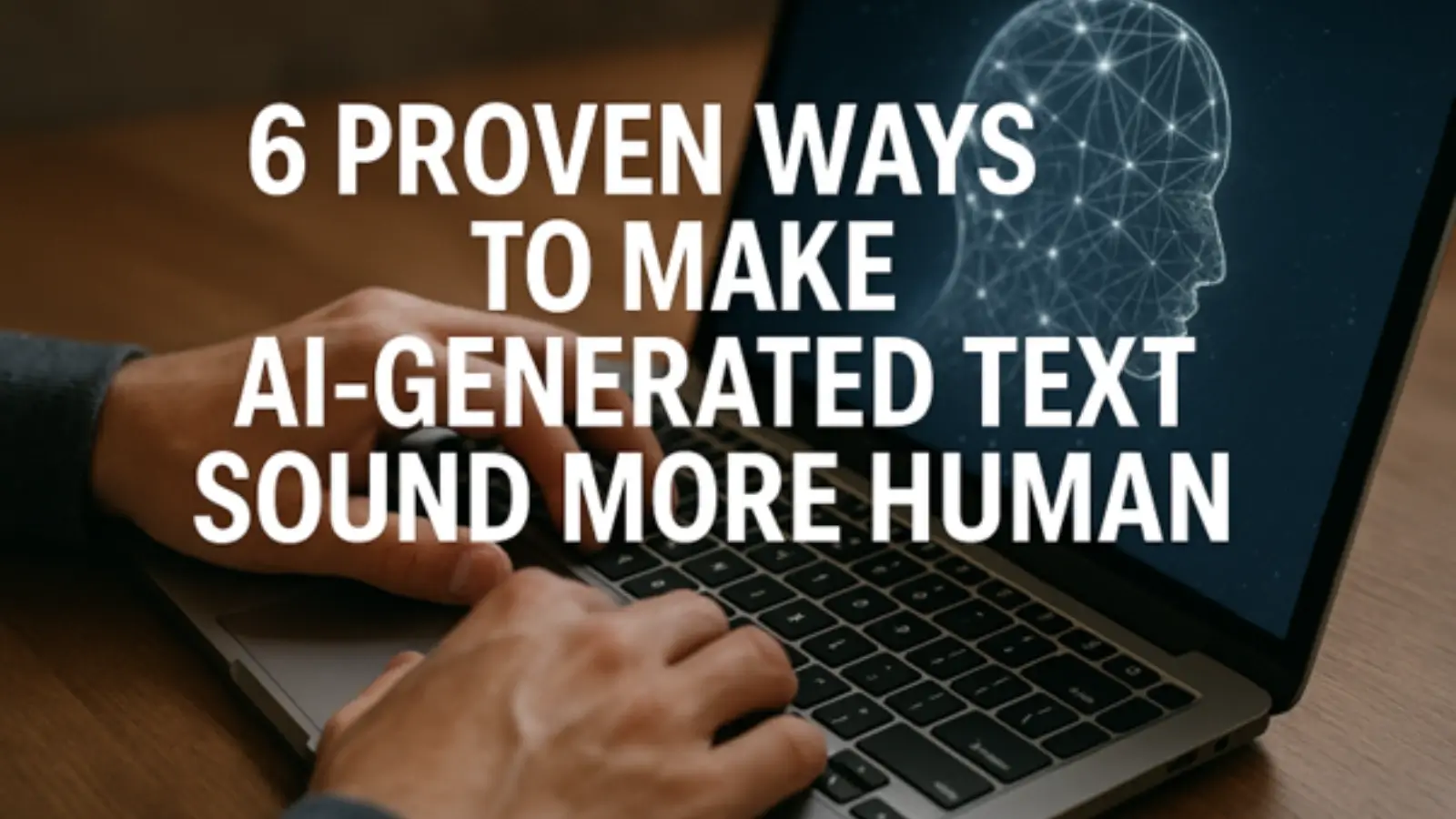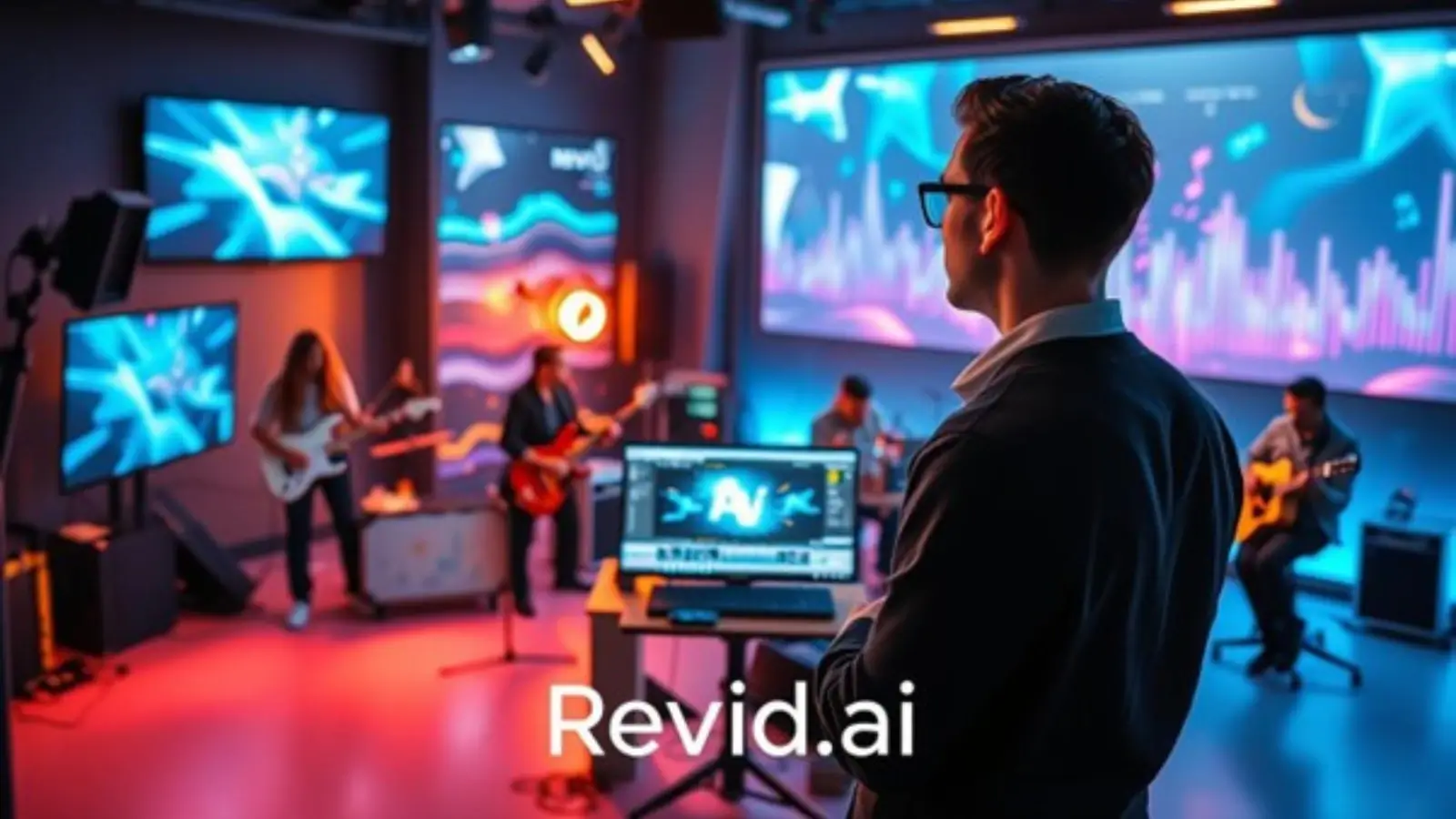The integration of artificial intelligence into the world of cryptocurrencies is no longer a distant vision. As blockchain technology continues to evolve, AI is playing an increasingly pivotal role in shaping how cryptocurrencies are designed, distributed, and managed. AI is not just assisting developers but is also becoming a co-creator of next-generation digital currencies. For those exploring innovative platforms and seeking education in this space, connecting with resources like Immediate Bemvida 300+ can provide a foundation to understand these advancements more deeply.
Understanding AI's Role in Currency Creation
AI's influence on cryptocurrency begins at the foundational level. Algorithms can now analyze market trends, user behavior, and transaction patterns to design coins with utility, scalability, and user adoption in mind. Unlike human developers who might be influenced by biases or limited datasets, AI can process vast amounts of real-time information and optimize tokenomics based on predictive models.
Some AI models are even capable of writing smart contracts that govern these currencies. These smart contracts can be tested, adjusted, and improved autonomously using machine learning techniques. This level of automation not only speeds up the creation process but also reduces the likelihood of bugs or vulnerabilities that might otherwise be exploited.
Examples of Early AI-Driven Tokens
Although the concept is still in its early stages, there have already been attempts to implement AI in cryptocurrency development. Projects like Numerai, Fetch.ai, and SingularityNET incorporate elements of AI either in their protocol architecture or utility. These platforms serve as both proof-of-concept and launchpads for future iterations where AI might play a more autonomous role.
Fetch.ai, for example, uses AI agents to facilitate decentralized transactions without human intervention. These agents can learn and adapt to user needs, essentially becoming intelligent proxies for real-world tasks. In the future, this could evolve into AI agents launching and managing tokens with specific economic purposes.
The Future of Autonomous Crypto Economies
Imagine a world where AI not only creates a currency but also establishes its governance system, allocates resources, and even moderates its community. Such autonomous crypto economies would be designed to self-regulate, identify fraud, and adapt rules in real time without external oversight.
These economies could function entirely without human involvement, except at the user interface level. Traders, investors, and developers could interact with these systems, but the decision-making process, enforcement of rules, and resource distribution would all be handled by AI.
This vision also extends to decentralized finance. AI-generated cryptocurrencies could create lending, staking, and insurance products based on global market analysis, risk assessment models, and predictive finance simulations. The result is a more fluid, adaptable, and efficient financial ecosystem.
Potential Benefits and Efficiencies
AI-created cryptocurrencies offer a range of benefits, particularly when it comes to speed and precision. Token launches that typically require months of planning and auditing could be initiated in a matter of hours. Economic models could be adjusted automatically based on real-time data, improving stability and responsiveness.
Additionally, these AI systems can offer unparalleled personalization. Custom tokens tailored to niche communities or individual use cases could become common. Whether it is a token designed to reward sustainable behaviors or one that supports a specific art movement, AI can help craft meaningful value frameworks for each.
Security is another area where AI brings significant advantages. Pattern recognition and anomaly detection algorithms can monitor transactions and user behavior continuously, reducing the risks associated with hacks, fraud, and system manipulation.
Ethical Concerns and Oversight
While the possibilities are compelling, they also raise profound ethical and practical questions. Who is accountable when an AI-generated token causes economic harm? Should there be legal recognition of tokens created entirely by machines? What prevents a malicious AI from launching a harmful or manipulative financial instrument?
Moreover, there is the issue of transparency. AI models, particularly those that are proprietary or opaque, can make decisions that are difficult to audit or interpret. If a decentralized community cannot understand how a currency functions or evolves, the fundamental principle of open governance may be compromised.
As AI continues to mature, frameworks for ethical deployment and oversight will be critical. Developers, regulators, and users must collaborate to ensure that AI remains a tool for good rather than a source of systemic risk.
Human-AI Collaboration in Token Design
Rather than a total shift to AI-dominated crypto creation, many experts predict a hybrid approach. In this model, human developers work alongside AI tools that assist with data analysis, smart contract testing, and market simulations. This partnership allows for creativity and intuition to be combined with analytical rigor and scalability.
We are already seeing this in platforms that use generative design tools, AI auditing software, and machine-driven simulation environments. These tools help developers stress-test economic models and governance systems before deploying them in real-world conditions.
This collaboration opens the door to more inclusive innovation, where even those without deep technical skills can use AI to develop their own tokens, apps, or protocols.
The Impact on Traditional Cryptocurrencies
The rise of AI-generated cryptocurrencies could put pressure on traditional crypto models. Bitcoin and Ethereum, while foundational, are slow to adapt due to their fixed protocols and strong ideological communities. New AI-driven tokens may offer faster innovation cycles and responsiveness to market demands.
However, these newer models will need to earn trust. The transparency, decentralization, and resilience of Bitcoin remain its strongest assets. To compete, AI-generated tokens must maintain similar principles while improving performance and adaptability.
Conclusion
AI-created cryptocurrencies represent the next frontier in digital finance. By leveraging machine learning, automation, and predictive modeling, developers can create smarter, more responsive, and potentially more secure financial systems. While there are still hurdles to overcome in terms of trust, regulation, and ethics, the direction is clear. The convergence of AI and blockchain will define how future generations interact with money, governance, and digital ownership.

